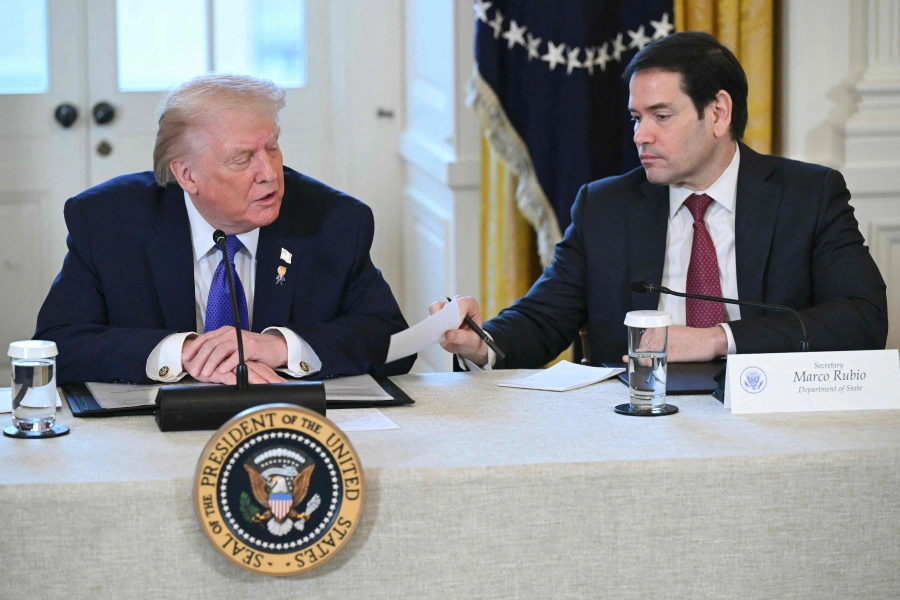In the ever-evolving economic activity in our region, we are at a point where technology is not just shaping the way we live, but redefining how we connect, transact, and grow together. For Nepal, this is not just a moment of transformation—it is a moment of decision.
When we speak of “fintech,” most people think of mobile wallets, QR codes, or contactless payments. And while these tools are important, they are only the visible surface of something much deeper. Fintech today is about building infrastructure that makes opportunity and inclusion available to the last mile users. It’s about designing systems that empower a street vendor in Butwal just as much as they support a tech-savvy professional in Baleshwar. It’s about democratizing access to capital, simplifying government services, and creating jobs that are not bound by geography.
We’ve already seen early signs of this transformation. The integration of India’s Unified Payments Interface (UPI) with Nepal’s National Payment Interface (NPI) is a milestone that deserves recognition. It allows for seamless, real-time, low-cost digital transactions across our borders—something that would have seemed complex or even impossible a few years ago.
But let us not mistake progress for completion.
This milestone, important as it is, should be viewed not as a destination, but as a springboard. If we stop here, we will miss the real opportunity in front of us. To become a nation where technology is not just used—but fully understood, co-created, and trusted. Where we don’t just adopt solutions from abroad, but contribute meaningful innovations of our own.
Nepal’s fintech journey is still in its early chapters. We are full of potential, full of energy, but also facing real structural challenges. Access to venture capital is limited. Regulatory frameworks are still evolving. Digital literacy—especially outside of urban centers—remains uneven. These are not problems to be ignored. But neither are they roadblocks to fear. They are signals. They are calls to action and inclusion with value to be added to more population through fintech platforms.
Two-day Huawei Digital Nepal Conclave 2022

In fact, I believe these challenges are what make our moment unique. Because they demand not just technical answers, but collective courage.
We must look at fintech not only as a matter of apps and algorithms, but as a matter of empowerment of people in financial inclusion. It’s about ensuring that a farmer in Kailali can receive a subsidy without standing in a line for hours. It’s about making it possible for a single mother in Pokhara to access a microloan with a few clicks, based on her digital credit profile, not her social connections. It’s about designing payment systems that reward sustainable behavior, support women entrepreneurs, and build community trust.
It is about building digital trust, not just digital convenience.
And for this, collaboration is key. No single institution, whether government, private sector, or international partner - can do this alone. The ecosystem must be built together. India’s scale and infrastructure can teach us. Global partners can support us. But Nepal’s agility, creativity, and cultural intelligence are our greatest assets—and these must lead the way.
But only if we design with intention.
It’s time we invest not only in platforms but in people. In the ability of our youth to understand, build, and trust the tools of the future. Our policymakers need to think beyond compliance and toward innovation and data protection Law. Our local governments should pilot, iterate, and scale grassroots fintech solutions. And most importantly, our small entrepreneurs, who—if given the right tools—can digitize Nepal’s informal economy faster than any imported model.
Digital transformation is not about moving fast and breaking things. It’s about moving forward and building better. It’s about making sure no one is left behind—not the elderly, not the unbanked, not the underserved. Inclusion is not an outcome we stumble upon; it is a design principle we must commit to from the start.
I also want to highlight the role of financial literacy in this journey. A cashless economy is not a careless one. As we adopt more digital payment tools, we must double down on education, awareness, and accountability. Just as we teach road safety in schools, we must begin teaching digital financial safety across communities. Because trust, once broken, is hard to rebuild. Hence strong data protection law and multi-level security compliance should be adopted.
Our fintech vision must also embrace sustainability. Can we build green fintech tools that reward low-carbon choices? Can we track and encourage climate-positive spending behaviors? The intersection of finance, environment, and digital technology is ripe for innovation—and Nepal can lead here if we choose to act.
To the youth reading this: you are not the users of tomorrow—you are the builders of today. Whether you’re a coder, a creative, a community leader, or a student—you have a role to play. Fintech is no longer a niche field. It is now the backbone of how modern societies operate. Don’t wait to be invited to step in, learn, contribute, and lead.
To our policymakers: the courage to innovate must be matched by the courage to regulate wisely. Risk cannot be eliminated, but it can be managed. The best way to do that is not by restriction—but by creating safe spaces for experimentation. Regulatory sandboxes, digital identity frameworks, and public-private partnerships are not luxury options. They are necessities.
To our business leaders: profitability and purpose are no longer at odds. If we want sustainable markets, we need to serve people meaningfully. Let us create platforms that scale, but also platforms that serve with integrity.
And to every Nepali—here or abroad—this moment is yours. Digital finance is not just about faster payments. It is about faster progress. It is about rewriting the script of who gets to participate in our economy, who gets to lead, and who gets to benefit.
Let us not aspire only to be users of technology. Let us aim to become shapers of digital destiny—not only for ourselves but for the generations to come.
This is not merely a technological transformation. It is a cultural one. A societal one.
Let’s not walk this path as imitators of other nations, but as co-creators of a digital Nepal that reflects our values, our aspirations, and our collective brilliance. Let’s move forward—not just connected, but united.






































